Legal Secrets: Equality and Efficiency in the Common Law
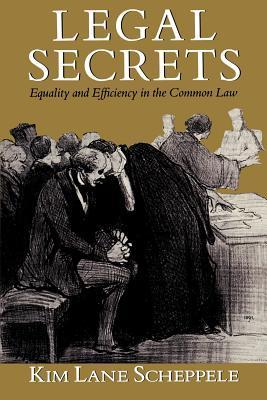
Summary
Does the seller of a house have to tell the buyer that the water is turned off twelve hours a day? Does the buyer of a great quantity of tobacco have to inform the seller that the military blockade of the local port, which had depressed tobacco sales and lowered prices, is about to end? Courts say yes in the first case, no in the second. How can we understand the difference in judgments? And what does it say about whether the psychiatrist should disclose to his patient's girlfriend that the patient wants to kill her?
Kim Lane Scheppele answers the question, Which secrets are legal secrets and what makes them so? She challenges the economic theory of law, which argues that judges decide cases in ways that maximize efficiency, and she shows that judges use equality as an important principle in their decisions. In the course of thinking about secrets, Scheppele also explores broader questions about judicial reasoning—how judges find meaning in legal texts and how they infuse every fact summary with the values of their legal culture. Finally, the specific insights about secrecy are shown to be consistent with a general moral theory of law that indicates what the content of law should be if the law is to be legitimate, a theory that sees legal justification as the opportunity to attract consent.
This is more than a book about secrets. It is also a book about the limits of an economic view of law. Ultimately, it is a work in constructive legal theory, one that draws on moral philosophy, sociology, economics, and political theory to develop a new view of legal interpretation and legal morality.
Similar Books
-
 Exile and the Kingdom
Exile and the Kingdomby Albert Camus
-
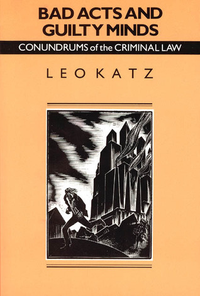
-
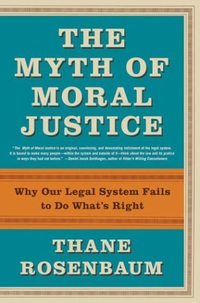 The Myth of Moral Justice: Why Our Legal System Fails to Do What's Right
The Myth of Moral Justice: Why Our Legal System Fails to Do What's Rightby Thane Rosenbaum
-
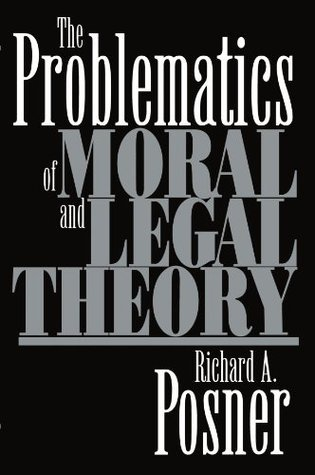 The Problematics of Moral and Legal Theory
The Problematics of Moral and Legal Theoryby Richard A. Posner
-
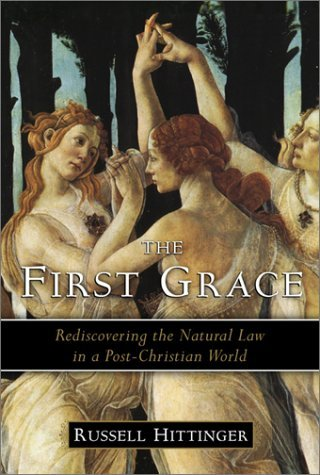 The First Grace: Rediscovering the Natural Law in the Post-Christian World
The First Grace: Rediscovering the Natural Law in the Post-Christian Worldby Russell Hittinger
-
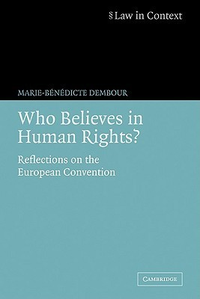 Who Believes in Human Rights?: Reflections on the European Convention
Who Believes in Human Rights?: Reflections on the European Conventionby Marie-Benedicte Dembour
-
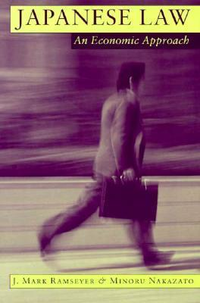 Japanese Law: An Economic Approach
Japanese Law: An Economic Approachby J. Mark Ramseyer
-
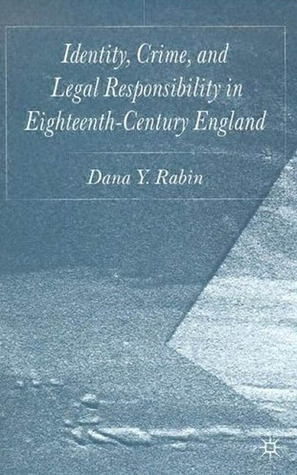
-
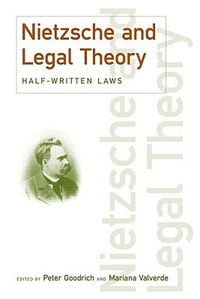 Nietzsche and Legal Theory
Nietzsche and Legal Theoryby Peter Goodrich
-

-
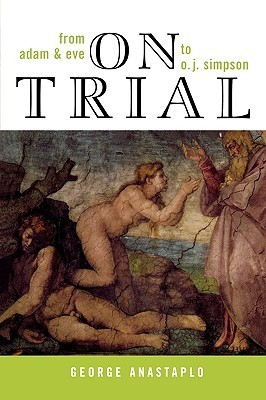 On Trial: From Adam & Eve to O. J. Simpson
On Trial: From Adam & Eve to O. J. Simpsonby George Anastaplo author of Abraham Lincoln: A Constitutional Biography
-
 Society and Nature: A Sociological Inquiry
Society and Nature: A Sociological Inquiryby Hans Kelsen
-
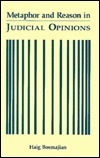 Metaphor and Reason in Judicial Opinions
Metaphor and Reason in Judicial Opinionsby Haig A. Bosmajian
-
 Charting Global Responsibilities
Charting Global Responsibilitiesby Kevin T. Jackson
-
 Internet Justice, Philosophy of Law for the Virtual World
Internet Justice, Philosophy of Law for the Virtual Worldby Anna Mancini
-
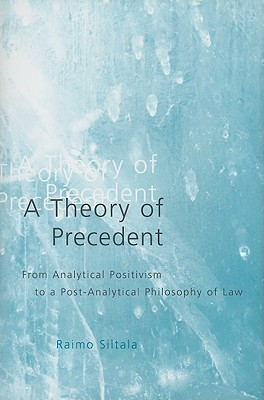
-
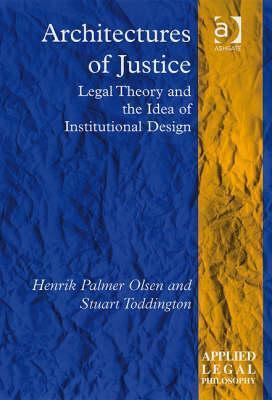 Architectures of Justice: Legal Theory and the Idea of Institutional Design
Architectures of Justice: Legal Theory and the Idea of Institutional Designby Henrik Palmer Olsen
-
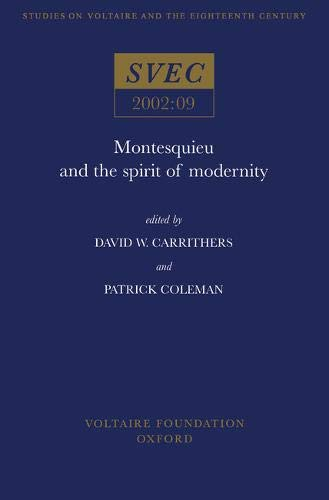 Montesquieu and the Spirit of Modernity (Oxford University Studies in the Enlightenment, 2002:09)
Montesquieu and the Spirit of Modernity (Oxford University Studies in the Enlightenment, 2002:09)by David W. Carrithers and Patrick Coleman
-
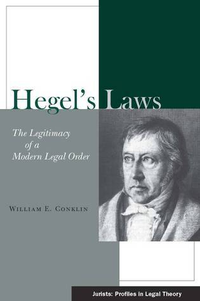 Hegel's Laws: The Legitimacy of a Modern Legal Order
Hegel's Laws: The Legitimacy of a Modern Legal Orderby William E. Conklin
-
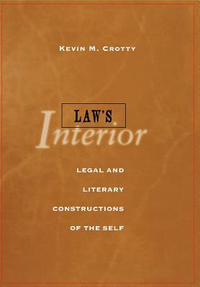 Law's Interior: Legal and Literary Constructions of the Self
Law's Interior: Legal and Literary Constructions of the Selfby Kevin M. Crotty
-
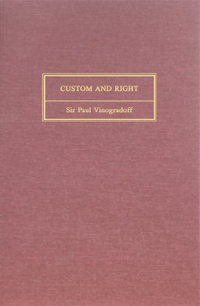 Custom and Right
Custom and Rightby Paul Vinogradoff
-
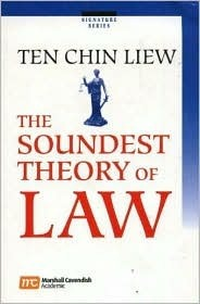 The Soundest Theory Of Law
The Soundest Theory Of Lawby C.L. Ten